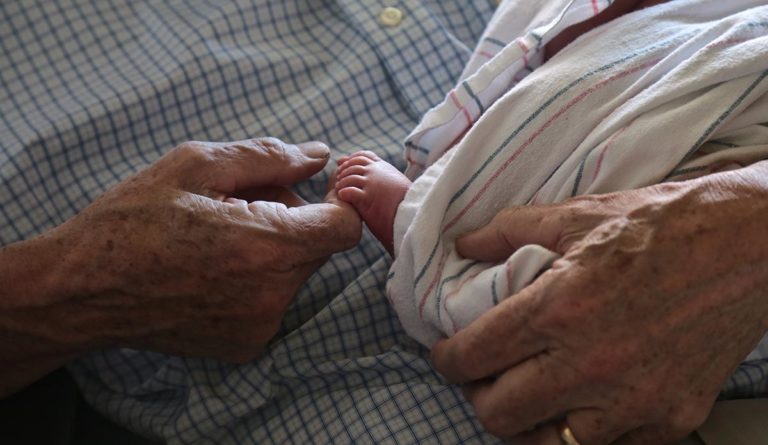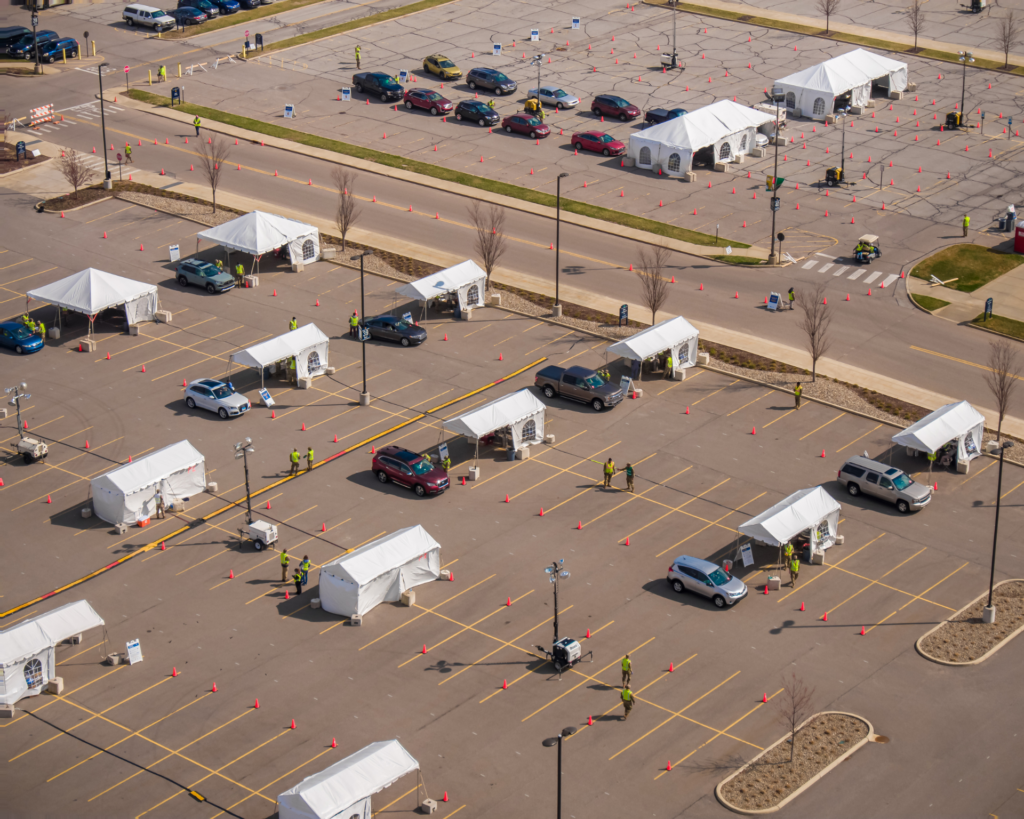Senior Loneliness and the Public Health Response
Research shows that senior loneliness has a detrimental effect on health. Interventions are underway to reduce isolation and loneliness for seniors.

Read Time: 3 minutes
Published:
Last summer I walked past a nursing home in Brookline. Peering out of the window was an old man, whose gaze very obviously radiated a deep sense of aloneness. I thought about going inside to say hello, but I kept walking. I think of that moment to this day.
Research shows that senior loneliness has a detrimental effect on health. Rafnsson, et al., in a longitudinal study of aging, showed that “dementia risk was positively related to greater loneliness. ” The authors note “social relationships are important for the maintenance of cognitive function at older ages…”
Loneliness is not only bad for mental health, it’s linked to mortality. Holt-Lunstad, et al. performed a meta-analysis of loneliness and social isolation as risk factors for mortality looking at data from 1980-2014. The authors write: “Cumulative data from 70 independent prospective studies, with 3,407,134 participants followed for an average of 7 years, revealed a significant effect of social isolation, loneliness, and living alone on odds of mortality.” The authors conclude that loneliness is comparable to other risk factors for mortality, such as obesity, substance abuse, and access to healthcare.
A 2016 Harris Poll found that 72% of Americans have “felt a sense of loneliness,” with 31% (100 million) experiencing this feeling at least once a week. Loneliness is a public health issue. What can we do?
The authors conclude that loneliness is comparable to other risk factors for mortality, such as obesity, substance abuse, and access to healthcare.
Interventions underway
In May 2017 the health care delivery system CareMore, a subsidiary of Anthem, announced that it would begin a loneliness treatment program backed by the American Association of Retired Persons (AARP). CareMore argues: “By viewing loneliness as we would any other chronic condition or disease, it becomes possible to develop solutions and prescribe strategies to…improve patient lives across the country.” Approximately 1,100 eligible Medicare Advantage patients have been identified through screenings for isolation and now social workers will be dispatched to facilitate the building of personal connections, with a plan tailored for each patient.
Connect2Affect is another senior loneliness mitigation program, a collaborative effort between the AARP Foundation, Gerontological Society of America, Give an Hour, United Health Group, and the National Association of Area Agencies on Aging. Connect2Affect is dedicated to ending social isolation, with the goal of “creat[ing] a network of resources that meets the needs of anyone who is isolated or lonely, and that helps build the social connections older adults need to thrive.”
Perhaps these programs will show a way forward on how to reduce isolation and loneliness for seniors. Still, I wish that I had could have spent a few minutes with the old man in Brookline.
Feature image: smilla4, In his Grandfather’s Arms, used under CC BY-NC 2.0



